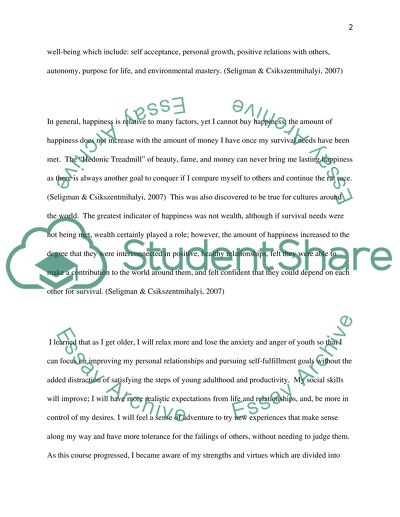Cite this document
(“Positive Psychology as an Important Tool for Personal and Organization Essay”, n.d.)
Positive Psychology as an Important Tool for Personal and Organization Essay. Retrieved from https://studentshare.org/psychology/1417898-positive-psychology-reflective-essay
Positive Psychology as an Important Tool for Personal and Organization Essay. Retrieved from https://studentshare.org/psychology/1417898-positive-psychology-reflective-essay
(Positive Psychology As an Important Tool for Personal and Organization Essay)
Positive Psychology As an Important Tool for Personal and Organization Essay. https://studentshare.org/psychology/1417898-positive-psychology-reflective-essay.
Positive Psychology As an Important Tool for Personal and Organization Essay. https://studentshare.org/psychology/1417898-positive-psychology-reflective-essay.
“Positive Psychology As an Important Tool for Personal and Organization Essay”, n.d. https://studentshare.org/psychology/1417898-positive-psychology-reflective-essay.


